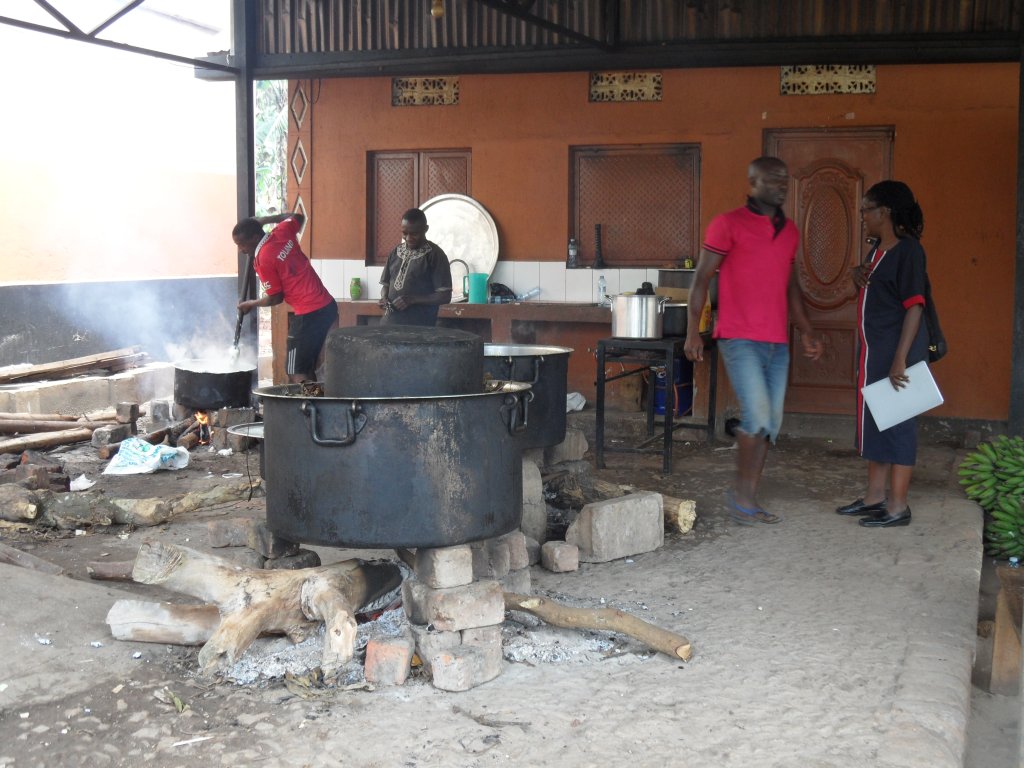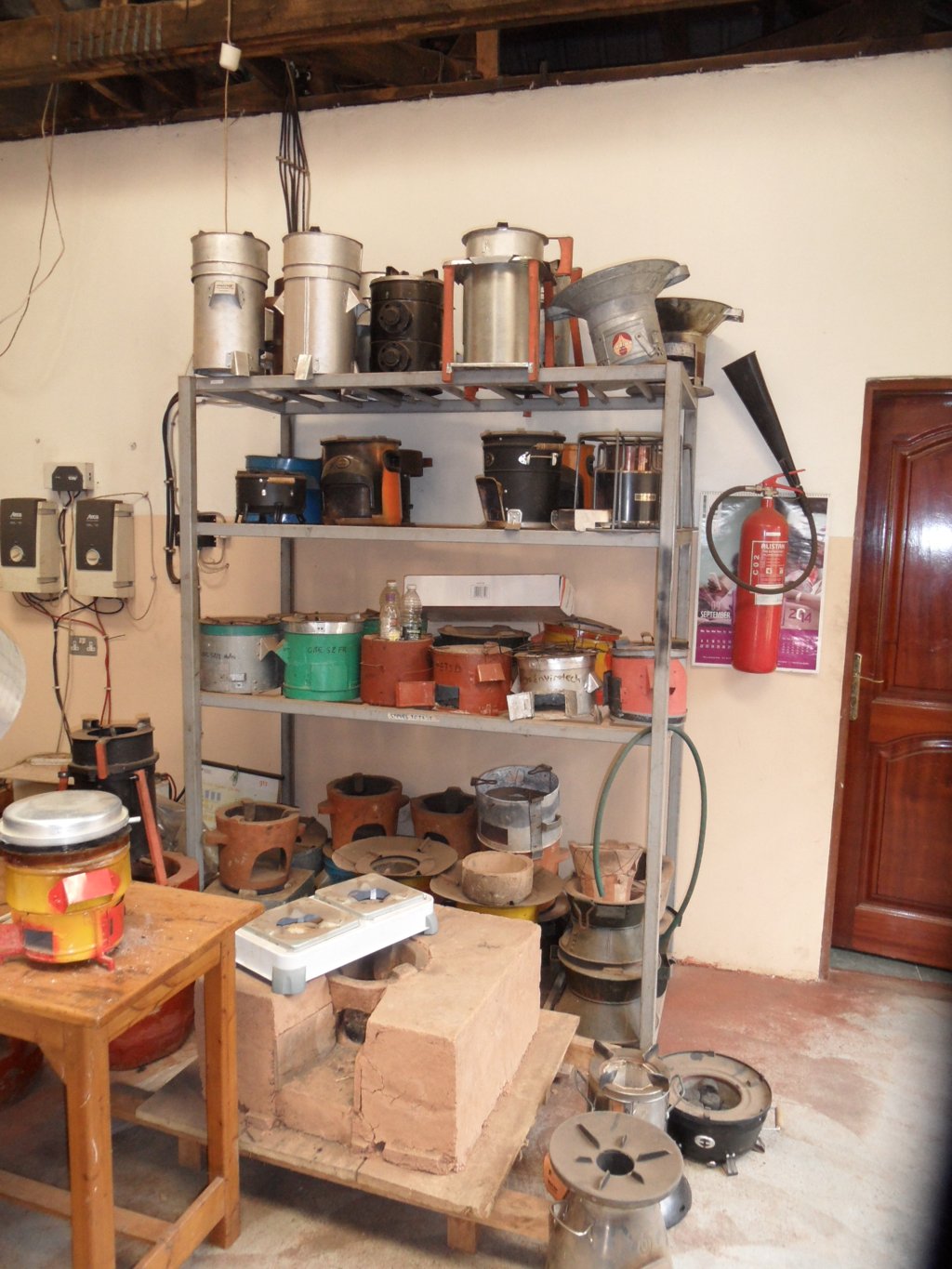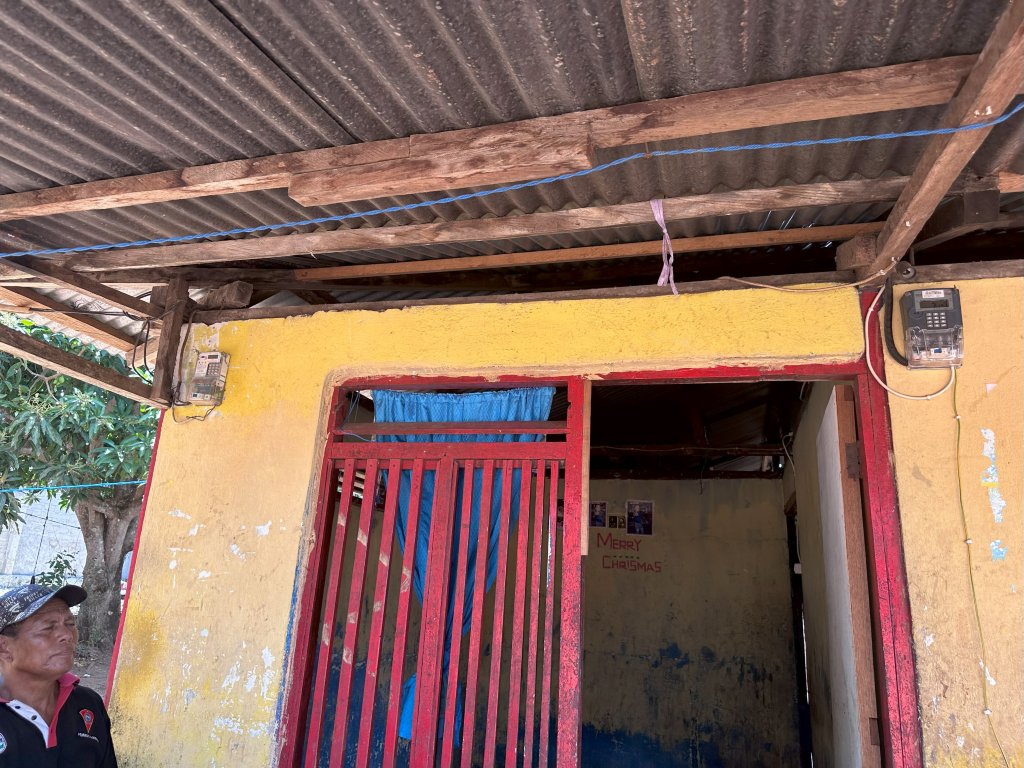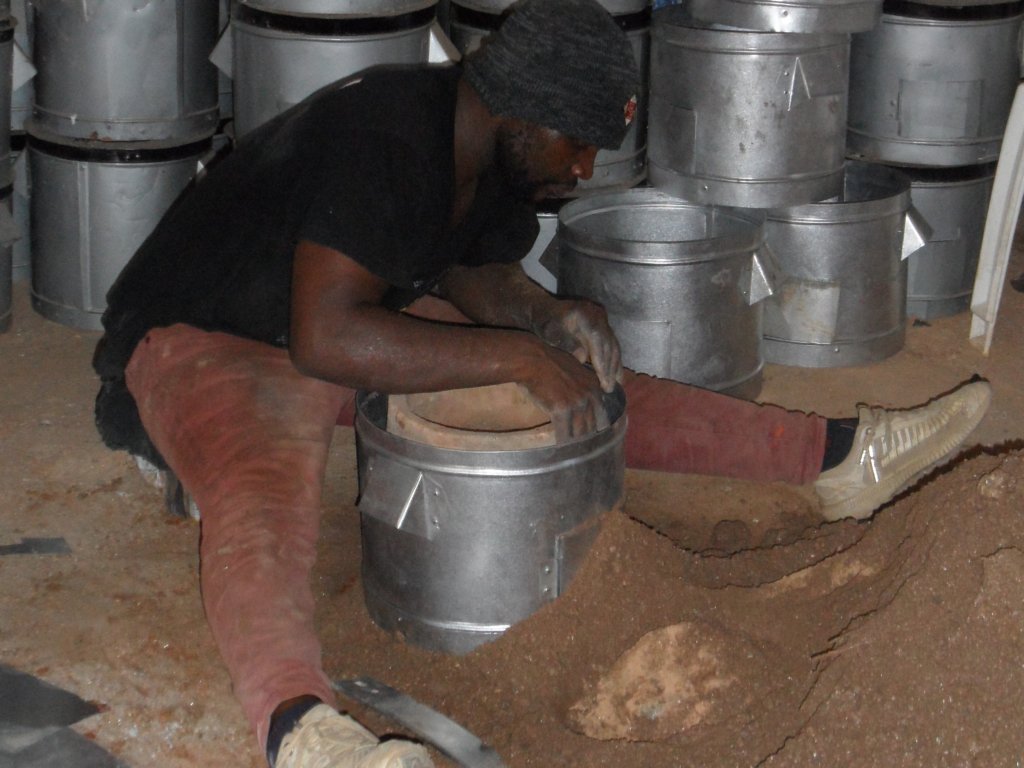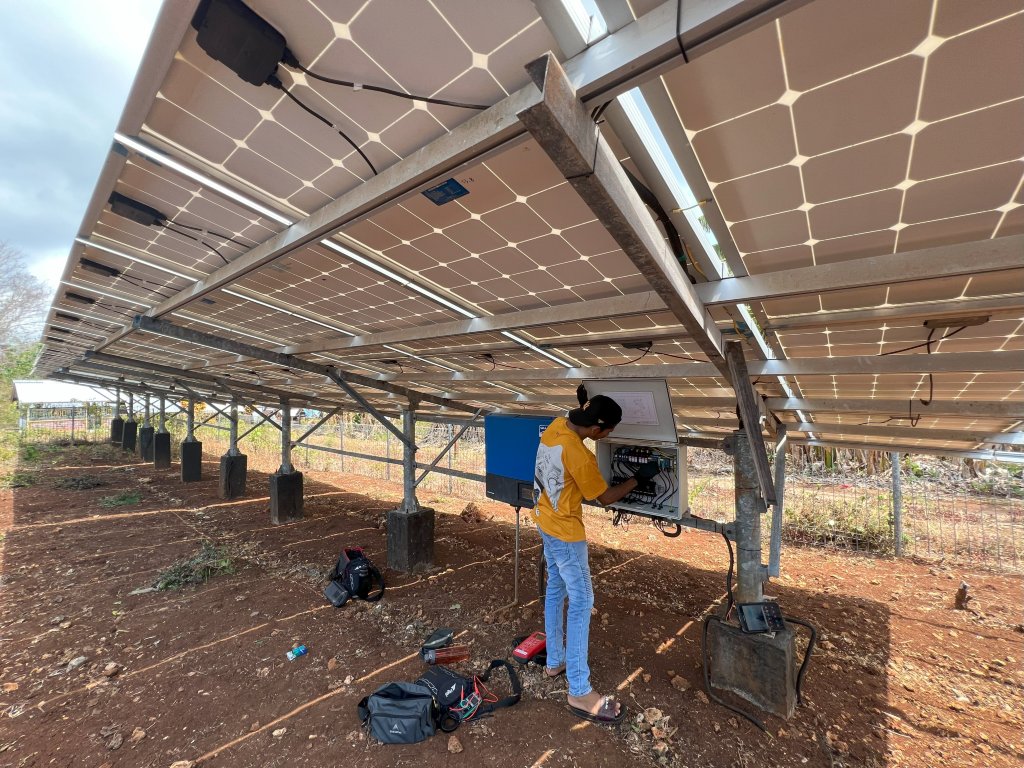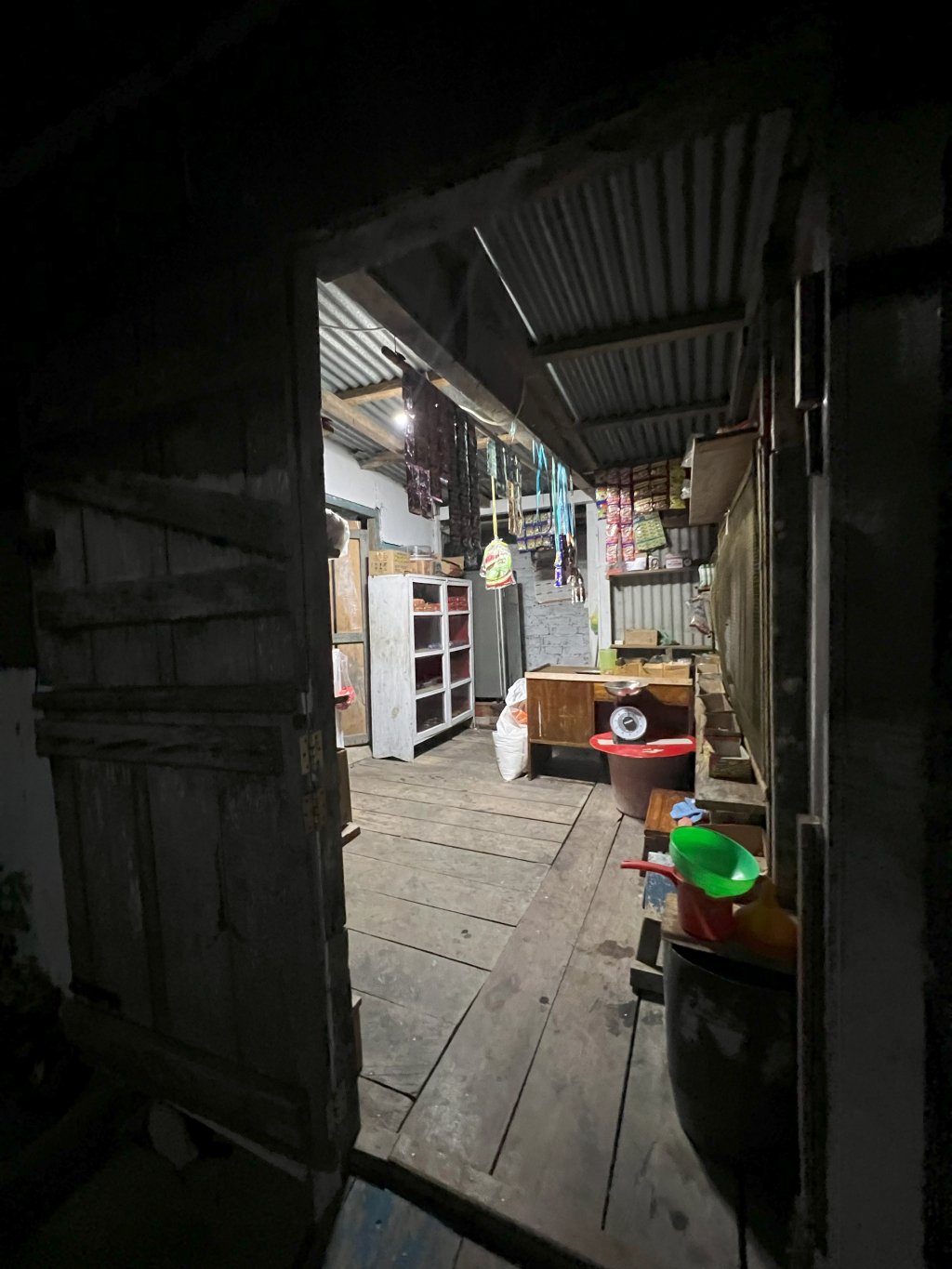4TU Alliance on Energy Access
Researchers from the four technical universities in the Netherlands, TU Delft, Eindhoven University of Technology, University of Twente, and Wageningen University & Research, join forces to work on the UN Sustainable Development Goal 7 (SDG 7): “Ensure access to affordable, reliable, sustainable and modern energy for all.”
Despite significant progress over the past decade, around 675 million people remain without access to electricity and nearly 2.3 billion people lack access to clean cooking. The reality is stark, for example, for the almost 1 billion people in Low- and Middle- Income countries (LMICs) in which healthcare facilities have unreliable or no electricity access.
It is worrisome that at the pace of current developments, nearly 10 percent of the world population will still lack electricity access, and nearly 30 percent will not have access to clean cooking by 2030, the target year of the SDGs. This means that these populations will keep relying on inefficient, polluting and increasingly scarce biomass sources and dung to prepare their meals, with serious respiratory and environmental effects. They will continue to live without basic lighting and refrigeration services for storage of food and vaccines, and without adequate transportation, education and communication.
Efforts to improve access to clean energy are pertinent to raising people’s health and wellbeing, realising gender empowerment, and enabling economic development, as well as combating climate change by mitigating greenhouse gas emissions.
While SDG7 remains extremely important for keeping energy access firmly on the global agenda in the coming years, it is questionable to what extent the SDG7 agenda is instrumental in bringing about the transformative change needed to reach universal energy access that is financially, socially, environmentally and institutionally sustainable.
The current SDG agenda is heavily outcome-oriented, meaning that the challenge is widely perceived as one of merely providing equipment such as solar home systems, Pico PV lanterns and improved stoves to as many households as possible within the shortest possible time. However, in order to realise sustained energy access benefits, it is necessary to focus on building local capacities, capabilities and policy frameworks for viable local production and adaptation, maintenance and repair. Integrating a resilience perspective into the SDG7 action framework is imperative to mitigating risks and ensuring longevity of solutions.
A related problem is a fragmented approach to addressing energy access, where learnings from technological advancements, user-centric design, sustainable business models, and policy innovations are insufficiently shared and leveraged among stakeholders, resulting in a lack of strategic alignment and ultimately hampering progress.
Academia – both within the 4TUs and beyond - should play a valuable role here and address the underrepresentation of topics about energy access, especially in Global South contexts.
Furthermore, while technology plays a very important role in addressing the challenges, a transdisciplinary approach grounded in both technical and non-technical disciplines is critical to come to just, inclusive, and resilient energy access solutions.
Therefore, the 4TU Energy Access Alliance was founded in 2023 as a platform where 4TU researchers join forces, carry out transdisciplinary research and education, share findings and insights, and connect with the Dutch energy access sector through the NL Energy Compact initiative. Justice and localisation play a central role in our approach and we underscore it through close collaboration with our crucial Global South partners, among others: SNV, HIVOS, Enterprise Development Centre at Makerere University Business School (MUBS) in Kampala, Uganda, Universitas Indonesia, Jakarta, and ME Solshare in Bangladesh.
Justice is key in acknowledging local communities’ particularities, ensuring inclusive procedures and striving for fair and equitable distribution of the benefits that come with energy access, for example in the form of jobs in the renewable energy sector.
Localisation, or the emphasis on local opportunities, benefits and solutions, is fundamental to effectively overcoming external dependence and addressing extractivism. Further, it is crucial that energy supply matches the demand on both technical, social and institutional levels.
In the near future, the Alliance strives to attract more scientific staff and resources, increase learning through co-creation, foster impact-driven knowledge development and education in collaboration with partners from the Global South, leverage existing initiatives that the alliance members are involved in (such as IEEE Empower a Billion Lives, a global challenge on energy access), and increase knowledge adoption together with partners (including NL Energy Compact members and those in the Global South).
More concretely, the 4TU Alliance on Energy Access expects outcomes such as MSc theses on Energy Access, a joint course on energy access and sustainable development, a joint MOOC, PhD candidates for longer-term research, outreach activities for disseminating academic output and a local field lab with a partner institute per region in The Netherlands, preferably those connected to Global South communities.
Nowella Anyango-van Zwieten, Henny Romijn, Jelena Popovic, Amalia Suryani, Maarten Appelman and Niek Moonen contributed to this article on behalf of the 4TU Energy Access Alliance.
Read more online on the 4TU.Energy website.
*Read more sources on the motivation for this initiative: UN Report on Universal Access to Sustainable Energy Will Remain Elusive Without Addressing Inequalities and the UN Sustainable Development Goal, SDG7: “Ensure access to affordable, reliable, sustainable and modern energy for all”.




